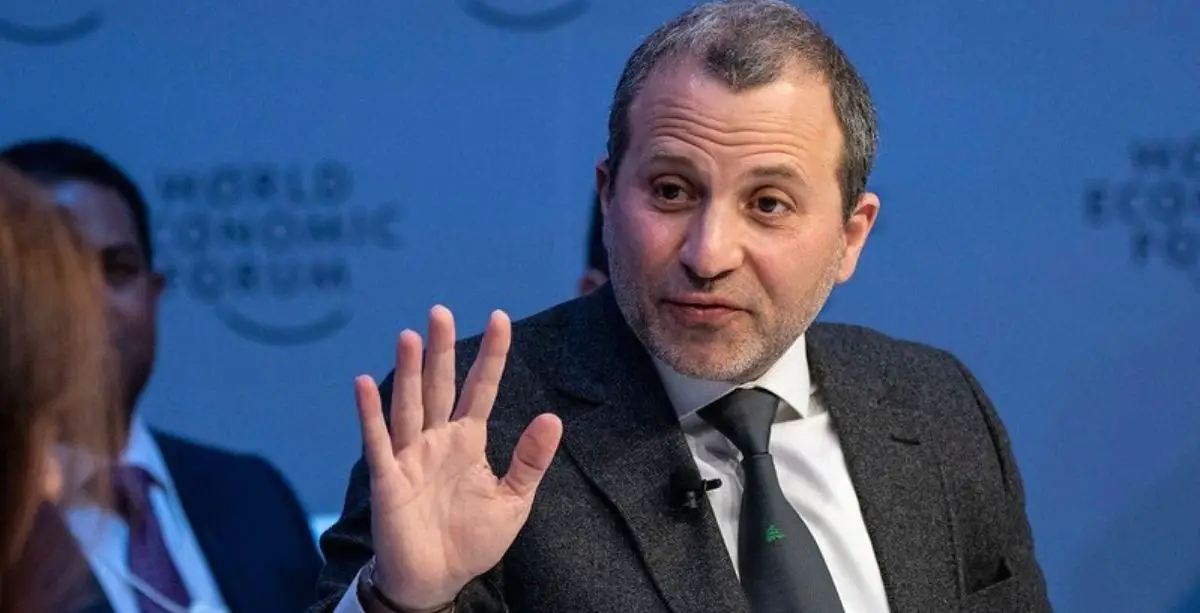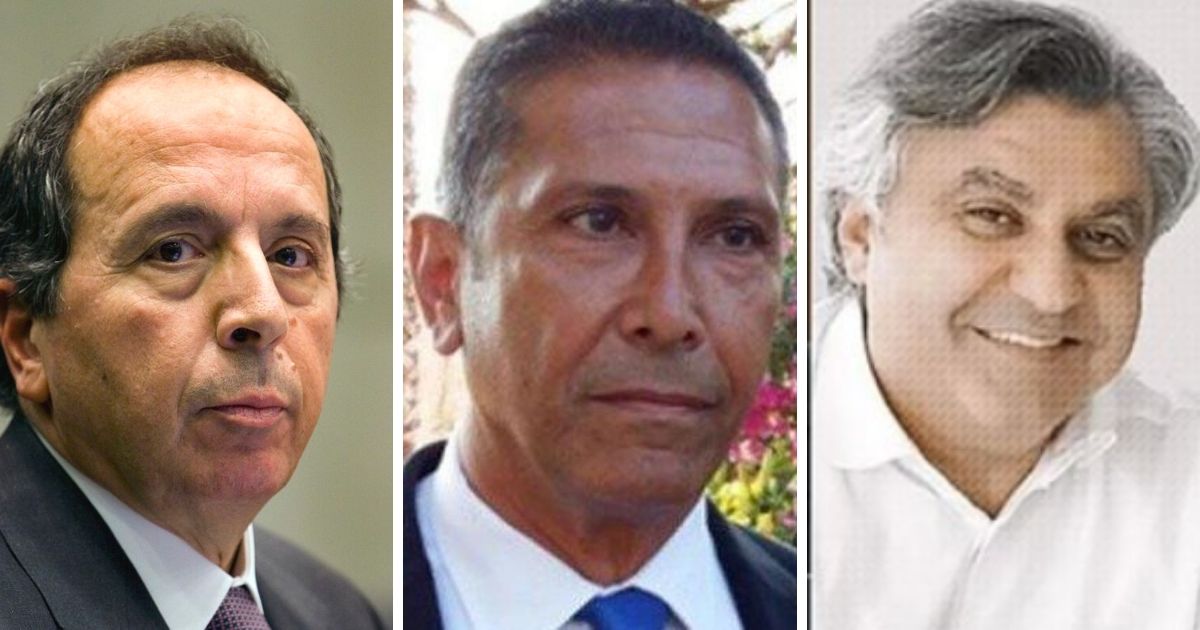The US Department of Treasury just imposed sanctions on two prominent Lebanese businessmen, Dani Al-Khoury and Jihad Al-Arab, and Parliament Member Jamil Al-Sayyed, stating that they benefited from large-scale corruption while Lebanon is in an economic meltdown.
In its statement, the Treasury’s Office of Foreign Assets Control (OFAC) said that Al-Sayyed, lawmaker and MP, bypassed banking policies and managed to transfer $120 million from Lebanon for foreign investment with the help of a senior government official who wasn’t named.

Al-Sayyed also incited officials to shoot at people protesting outside politicians’ houses when protesters outside his home were demanding his resignation back in June 2020 during the Lebanese Revolution.
It is to note that Al-Sayyed had previously served in the Lebanese Army for 30 years and with the General Security for 7 years before resigning and going into politics.
As for Dany Al-Khoury, the statement stated that he is a close business associate of MP Gebran Bassil, head of the Free Patriotic Movement (FPM), who was earlier sanctioned by the U.S.
This relationship has reportedly enabled Al-Khoury to receive a large public contract worth $142 million to conduct the Bourj Hammoud landfill, set to solve the garbage crisis, but Al-Khoury achieved personal benefits instead, the statement said.

“Khoury and his company have been accused of dumping toxic waste and refuse [rubbles] into the Mediterranean Sea, poisoning fisheries, and polluting Lebanon’s beaches, all while failing to remedy the garbage crisis,” the statement added.
In regards to Jihad Al-Arab, the US treasury affirmed that he has been awarded several public contracts in exchange for kickback payments to government officials.
In 2018, Al-Arab gained $18 million for the reconstruction of a bridge in Beirut, yet community officials were concerned about the project’s safety and costs.
Al-Arab also received a $288 million contract in 2016 from the Council for Development and Reconstruction (CDR) to clean the garbage-filled streets in Beirut, yet the plight remained unchanged.
It was later exposed that his company added water to the garbage containers to enlarge their weight hence their costs.
The US treasury additionally indicated that “Al-Arab served as an intermediary, as of 2014, to broker a meeting between top Lebanese officials in advance of the Lebanese presidential election, in exchange for two government contracts valued at approximately $200 million.”
These three individuals, in addition to previously sanctioned Ali Hassan Khalil, former Minister of Finance, and Youssef Fenianous, former Minister of Transportation and Public Works, are members of the ruling political elite that are accused of participating in corrupted practices.
The US previously stated that “sanctions are intended, among other things, to compel changes in behavior, and promote accountability for corrupt actors and leaders who have engaged in malign behavior.”
The sanctioned individuals’ properties – bank accounts, assets, and real estate – under the US jurisdiction will be seized.
U.S. businessmen, individuals, and companies are also forbidden from arranging financial transactions with these individuals, effectively inhibiting their access to global financial transactions.
